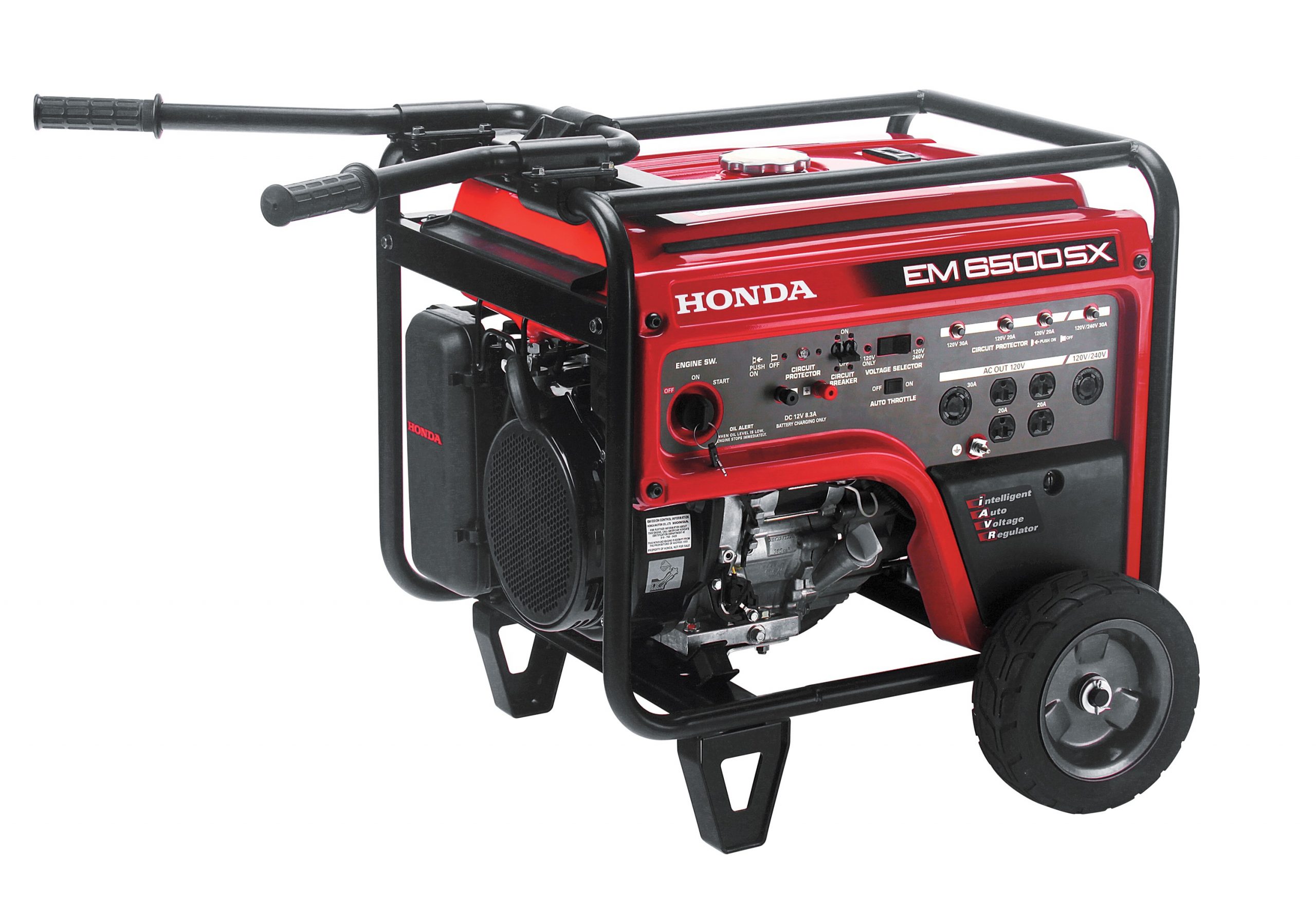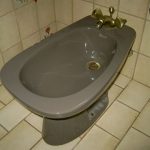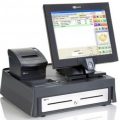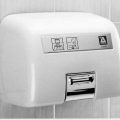When you purchase a backup generator, it can cost anywhere from several thousand dollars up to approximately $12,000 with installation. It’s an investment that will help keep your home up and running when the utility power goes out. After the installation the next question is how much more will it cost you down the road? In this article we will take a look at the three components of owning a backup generator: initial purchase and the costs of operating and maintaining you should expect to keep your generator ready for the storm.
How much do Generators Cost?
This question depends on what type of generator you decide to buy, a portable or home standby generator. For a portable generator, the typical price you will pay per kilowatt (kW) is $200-$300 per kW, so if you purchase a 10kW portable generator, expect to pay between $2,000-$3,000 including extension cords, extra gasoline storage tanks, etc. This is lower cost than what a home standby generator typically costs. A home standby generator will usually run around $400-$600 per kW. For a 10kW standby, you will probably pay somewhere in the range of $4,000-$6,000 installed depending on the complexity of the installation.
One advantage of buying a portable generator is that there is no installation cost associated with it. All you have to do with these is roll it out to a safe location, hook up adequate extension cords to various appliances, and have a plan to maintain adequate, fresh and safe fuel storage. Always follow the manufacturer’s recommendations on the proper use of a portable generator.
On the other hand, a home standby generator is installed by a professional, has an automatic transfer switch and is tied into your homes electric system. There are no extension cords to worry about and it runs on natural gas or propane. Home standby generators have their advantages because when the utility power of your house is knocked out, the generator will automatically turn on so there is no setup that you have to do.
Operational Costs
Operational cost is a function of load served and length of time you will rely on your generator. A good rule of thumb is that you can expect to use about a half-gallon of gasoline or propane and 50 CFH of natural gas for every hour of usage with a generator under 10kW. For one that is between 10 and 20kW, expect to use two to two and half times that amount per hour.
Maintenance Costs
Good maintenance is essential to the long-term life of a home generator system. All air-cooled generators run at 3,600 RPM per hour and therefore quality lubrication is essential. Typical maintenance includes changing the oil and oil filter, the air filter and the spark plugs. For air-cooled generators under 20kW, you should plan on replacing the oil and oil filter after every 50 hours of operation. Even if you don’t use the generator for 50 hours during the year, changing the oil (we recommend 5W30 fully synthetic) annually will help keep your generator in good operating condition. The air filter has a slightly longer lifespan than the oil and the oil filter. You should replace the air filter after every 100 hours of usage, or every two years. Also inspect the spark plugs annually and replace every couple of years with the same type plug with the correct gap.
If you want to take care of this maintenance yourself, you can expect to pay between $50 and $150 annually. This is relatively low cost compared to the price you paid for the generator, so take the time to complete these procedures to ensure that your generator will continue to run smoothly. When performing maintenance, be sure to use only genuine parts and follow the manufacturer’s recommendations for these procedures. If you are unable to do maintenance yourself, then your full service generator dealer will have maintenance plans to address the needs of your generator system.
A home standby generator can be a major investment, but the cost to operate and service it is only a fraction of the initial purchase price. With this investment, make sure to service it as needed, or at least annually to help ensure that you can avoid unnecessary major repairs down the road. Remember that when the power goes out, that your home standby generator is your lifeline to having power to run critical appliances you depend on. If you take care of your generator, it will take care of you.

































No Comments
Leave a comment Cancel